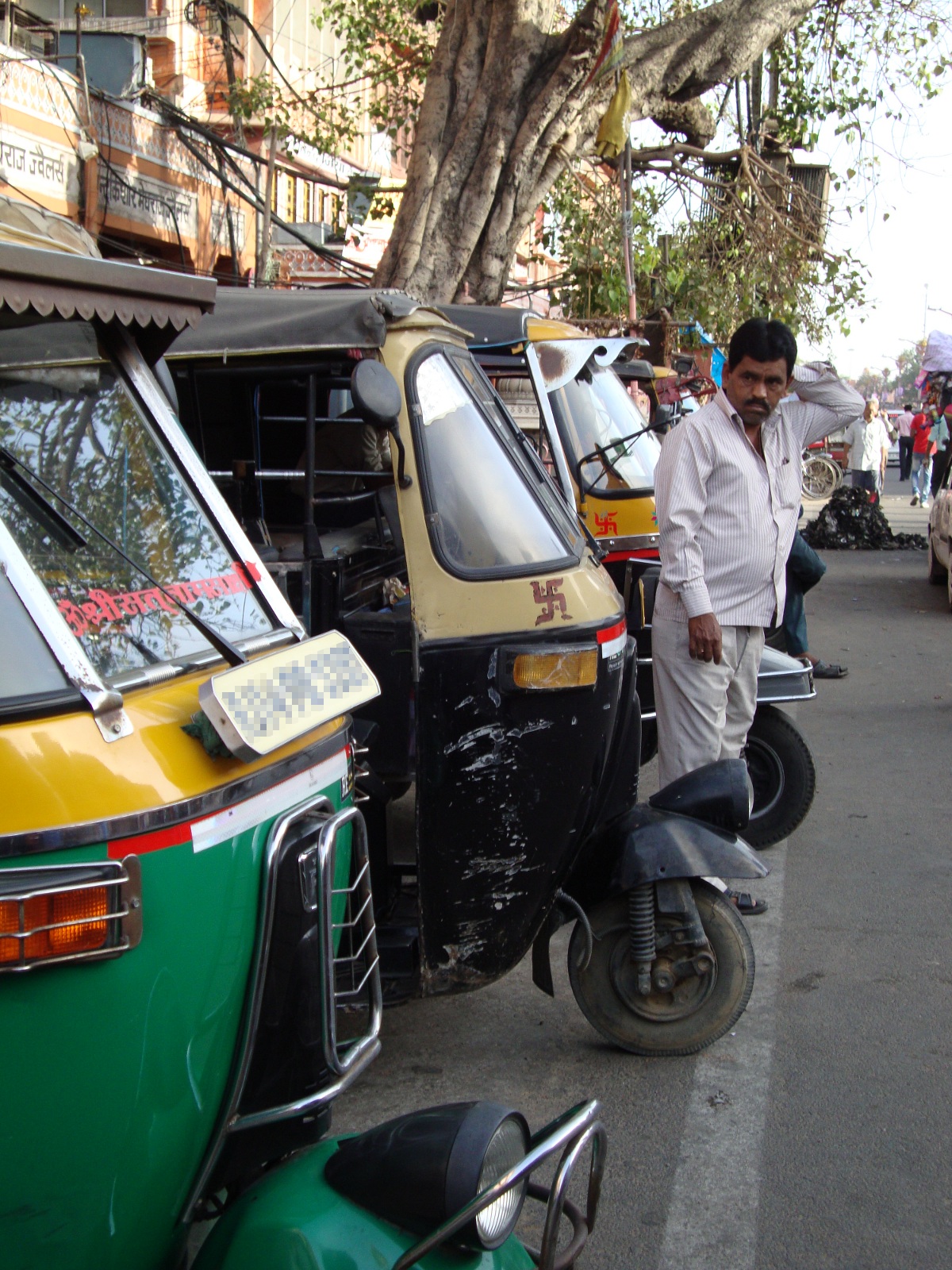When I first went to northeast India in 2009, I learned that the little round three-wheeled taxis that plied the roads were known as rickshaws, just like the two-wheeled hand-drawn carts that I had read about in books. I also heard people call the motorized taxis “auto-rickshaws” or just “autos.”
Then when I went to visit Delhi, I discovered that many of the city’s rickshaw drivers called their own vehicles “tuk-tuks.” I could hardly step outside without a driver chasing me down and yelling, “Yes sir, you want tuk-tuk?” The word was obviously onomatopoeia for the put-putting sound made by some of the vehicles’ two-stroke engines.1 I assumed that “tuk-tuk” was just a regional name for auto-rickshaws.
It turns out that the term “tuk-tuk” did not originate in Delhi, or anywhere nearby. According to the Oxford English Dictionary, the earliest recorded texts using the term refer to the three-wheeled taxis used in Thailand. Unfortunately, the OED doesn’t say how and when the term got from Thailand to India. During a summer term in Jaipur last year, one of my fellow students claimed that tourists imported the term “tuk-tuk” from Thailand. It’s not hard to imagine a dazed westerner arriving in India and remarking, “I say, Edward, there are tuk-tuks in India too.”
There are other possibilities too, of course. Business travelers may have introduced the term.
The case of rickshaws and tuk-tuks illustrates that names for technologies, as well as the technologies themselves, move ineffably across borders. In this case, three-wheeled motorized taxis originated in India and spread elsewhere in Asia. One name for the vehicles, though, originated in Thailand and traveled back to the country where the technology got its start.
- Not all auto-rickshaws run on two-stroke engines; some have four-stroke engines, which run more smoothly. [↩]





Leave a Reply